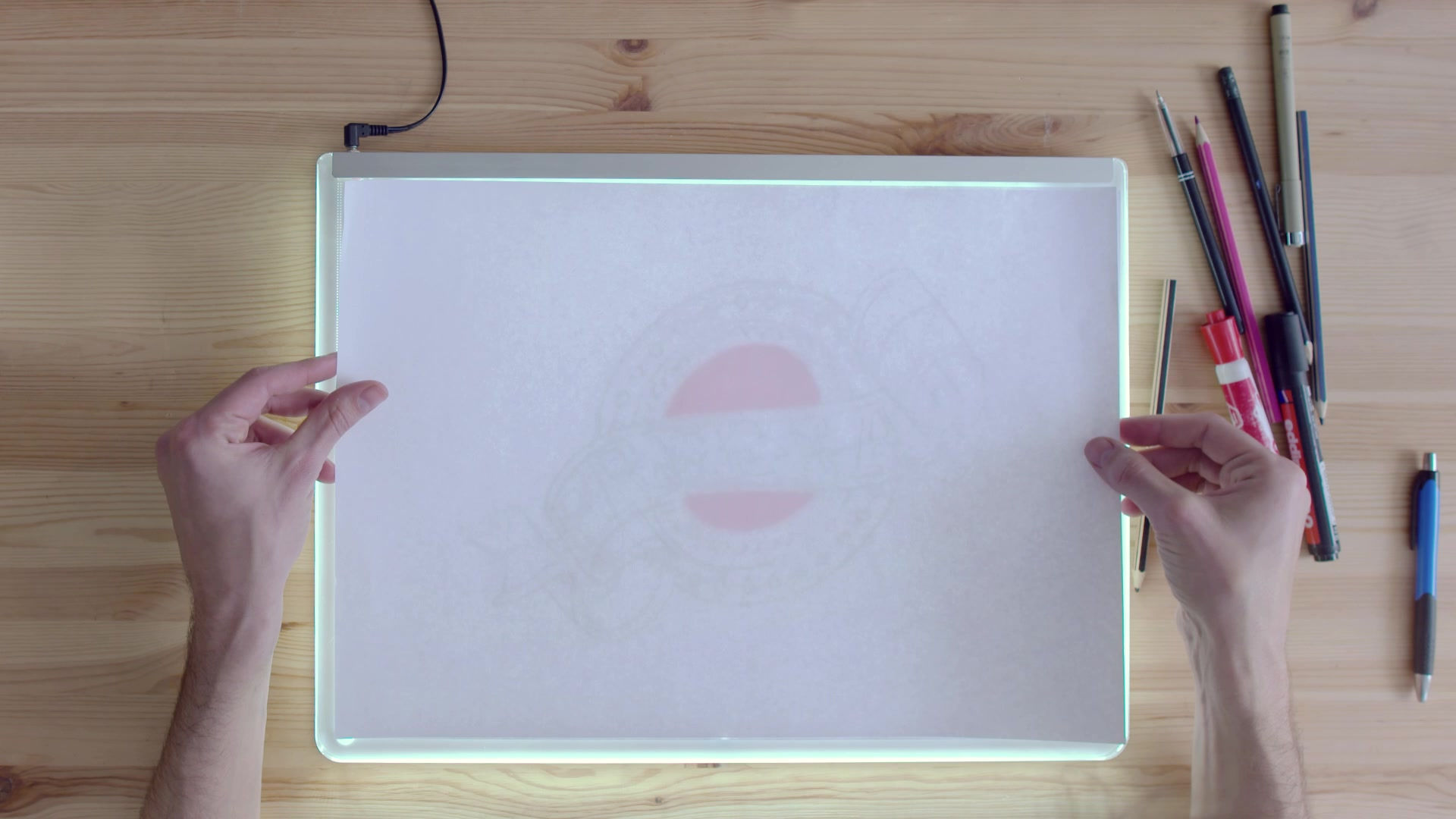Creating Life-Skill Electives
- Jun 21, 2016
- 5 min read
Often we find it complex to put together a daily routine that will satisfy our extra curricular activities for our children. While it's true that we need them to understand how to read and write. We certainly want our children to remain competitive in the job market by learning about technology and have a free thinking mind by understanding our historical past and deeper meaning of life. However we miss so much in their education if we do not educate them on the basics. These essential life skills will help them cope with their daily lives and facilitate their ability to adjust to life changes.

Converting our daily tasks into a classroom environment takes a bit of effort on our part but it does not have to become burdensome. If we take some time to space them out appropriately and plan a bit of material into it, we can incorporate them naturally into our curriculums while the kids have fun. These are some of the best years for our kids and we can help them build the treasured memories they will look back on with fondness and use as building blocks they can build upon.
To inspire your creativity, consider the following options:

Baking or Savory cooking: Students can find local cooking schools in malls, shopping centers or their local colleges or schools. Online channels like Youtube, Hulu or Netflix make it extremely to follow on along with professional chef's through their step by step recipes. Once they have mastered a few techniques they can gather recipes online to add to their repertoire. If you want to add some fun to your cooking lessons get together with some friends for an afternoon of cooking and sharing the tasty treats. Pushing it to the limit they can make some great baked goods to donate to a worthy charity.

Building and Construction: These classes consist of working on building cabinetry, wood-working, framing, dry walling, plumbing, tiling, maintenance, etc. Construction supply stores such as Home Depot or Lowes offer classes to the public which are usually free. Similar to the cooking classes you can scoure the channels online to find just about any DIY project you would be interested in. Please be sure to go over safety when working with any type of tools or chemicals. However, even these can be good course work to add to your portfolio as a safety course.

Computer Science: teach students to program a computer. Microsoft offers free classes and usually you can also find some at your local library.
Computer Skills: Teach students to use common computer software applications such as Word, Excel, and PowerPoint. These classes are typically offered at some Libraries for free or for a small fee.

Drama and Musical Theater: Connect with a local community theater group. These organizations produce live performances throughout the year and offer behind the scenes tours or workshops for kids. It is also a great way to learn about audio visual equipment and possible fields of studies in these areas. Also consider Renaissance Fairs or reenactments as a great way to get involved in presenting theatre and learning about history. Students may also learn about period dress, historical figures, political influences, dance, how to sew, and archery to name a few.

Driver’s Education. Florida Virtual School offers free online classes to all students that are registered students.

Entrepreneurship-Take an interesting idea and make it something to sell, learn to market the product through social media and traditional roles.
Fashion design, quilting, and sewing: The Martha Pullen Company, Sewing with Nancy, and Threads Magazine are great resources for anyone with a knack for design. Also visit a local sewing supply store such as Micheals, as many offer sewing classes. Also be sure to ask for information about local quilting guilds, but the Melrose Center in downtown Orlando also offers these classes.

You are never to young to start learning with a little help.

Gardening and Landscaping: Xeriscape videos and project videos are the places to go for the green thumb in your family. For a great opportunity visit your local farmers markets which can offer kids clubs to grow their own fruits and vegetables. St. Cloud Farmer's Market is one that I would recommend, but there are many that you can incorporate.

Industrial Arts: This includes resources for automotive maintenance, basic circuitry, carpentry, electronics, and woodworking. Also contact an automotive repair store to see if they offer a free automotive maintenance class. Search the website of a major home repair chain to find free videos on home maintenance. Consider calling Habitat for Humanity, electrical plants, water plants and conservatories, or your local auto stores to see if they are willing to give the kids a tour.
See eeme for more electronics classes

Musical Instrument or Voice Instruction: You need a local instructor, and personal recommendations from satisfied parents are a good way to find great teachers. Consider approaching a church worship leader or a member of a band for other recommendations. In addition, contact a local music supply store as most offer instrument instruction. In the resources part of our website you can also find an online free instructor which offers the pause button option for your child to follow along.

Personal Finance. Find a few free resources on finance here, and be sure to check out one of our earlier blog posts on 5 Things Your Teenageer Needs to Know About Money Before College. it's never too early to teach our children to learn to budget and save. There are countless videos and online resources to guide your child through some lessons, but a great way to help your child is by opening a savings account and teaching them how to make a deposit, earn some small cash, and save money from birthday money. More complex concepts can also be taught through community resources. Check with your local library or bank on opportunities for your children.

Visual Arts. Also visit a local art supply store because many offer mini courses you can combine to formulate an elective. Don't stop there though. Take a visit to any museums, galleries, art shows, or workshops to add to your curriculum.

To make it more enriched do a pre study on some of the artists before you go and let the kids explore the different works. Then take some snapshots if you are allowed and have them compare what they saw when you are back home. You might take some paper and pencils and try to replicate a drawing while there.

Take a trip to the part with some water colors and color what they see. Of course don't miss out on the wonderful collection of work you can get from online resources. You can find any medium you want to study.

You and your child can enjoy the arts together or make it a party.

Everything we do becomes a life lesson that we can utilize into our curriculums. Sit down and think on something that you can convert. Don't forget to take lots of pictures of all your steps and put it into a photo album. Over the years you will accumulate so many moment that you will treasure for years to come.
If printing becomes to costly try a digital medium that can capture thousands of images and only print the ones you want to display. Remember to keep them in a safe space and always have a back up for your digital mediums.




























Comments